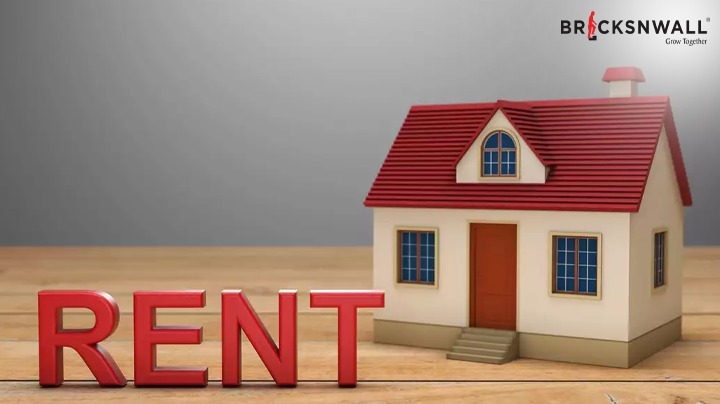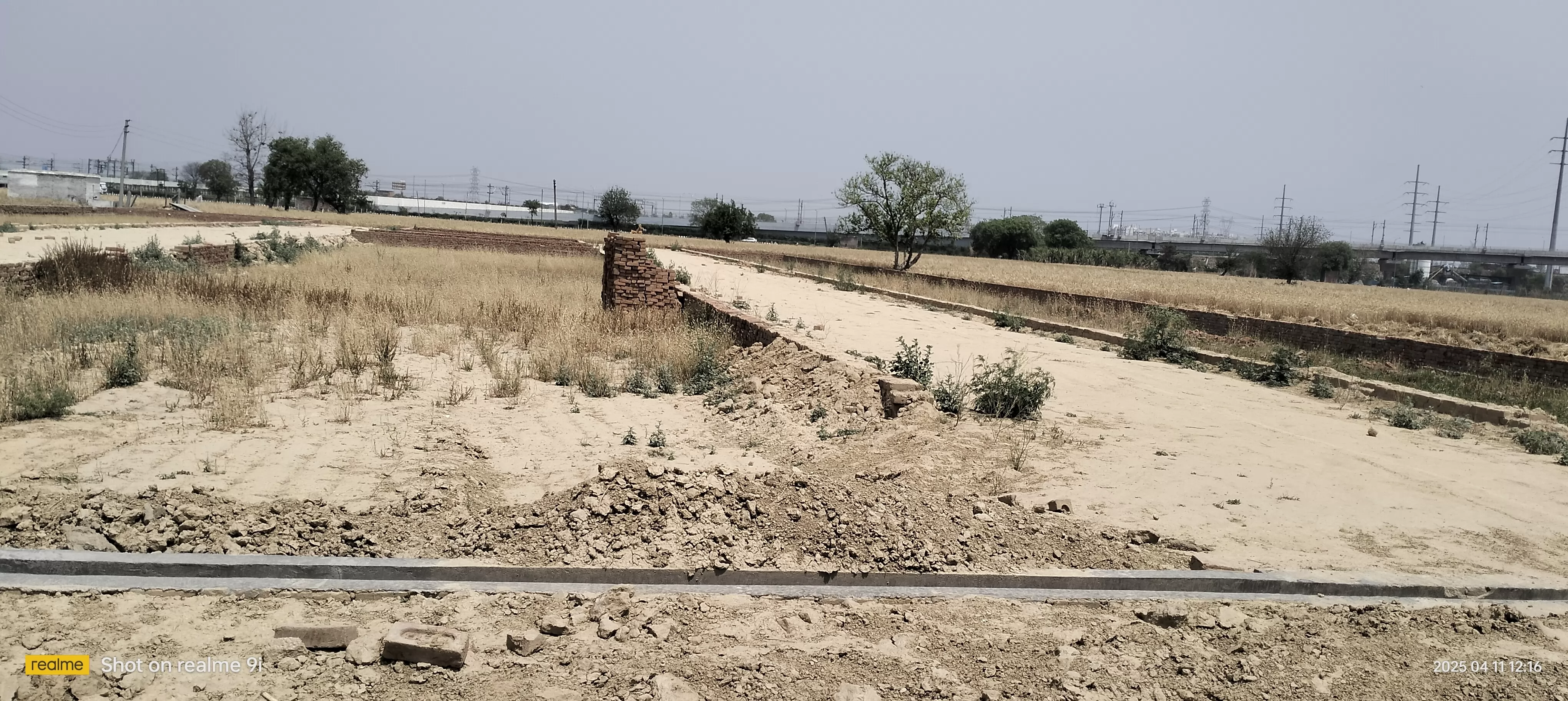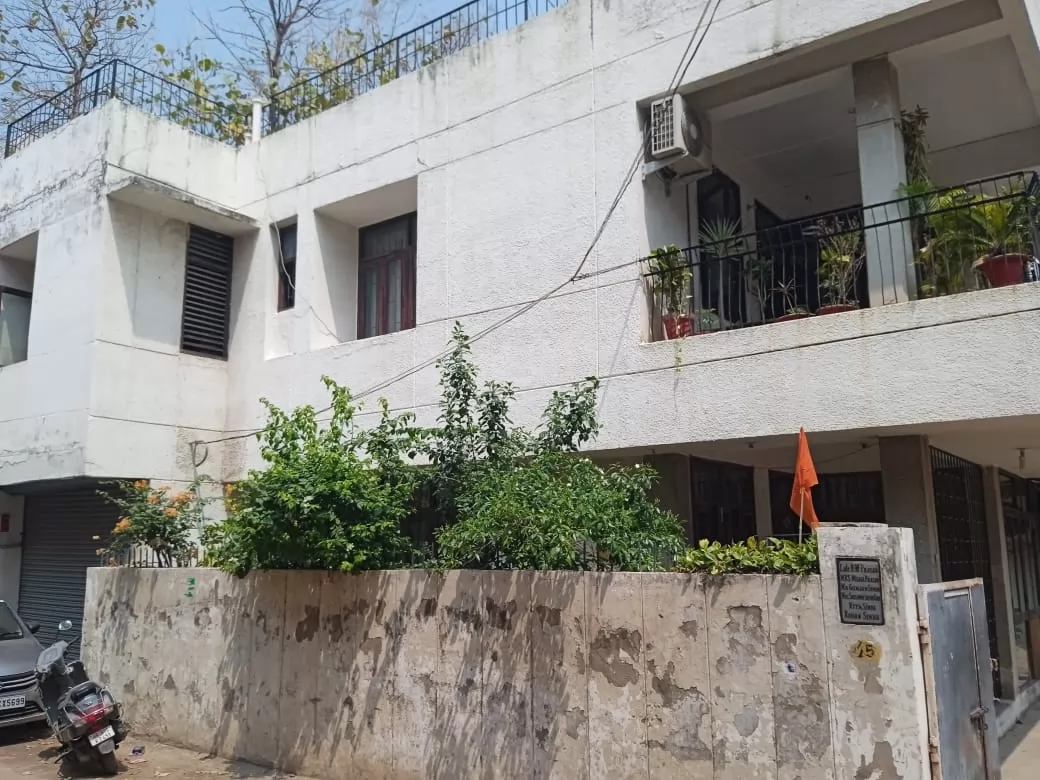Is buying a house better than renting in India?
Koheli

One
of the most significant decisions a person can make is to purchase a home.
It's a long-term investment that requires careful consideration. In India, the
housing market has been growing steadily, making it an ideal time for people to
consider buying a house. However, there are pros and cons to both buying and
renting a home. In this blog, we'll examine the factors that should be
considered when deciding whether to buy or rent a house in India.
Pros
of Buying a House in India
Long-Term Investment: When you buy a house, you
make a long-term investment. Over time, the value of your home is likely to
appreciate, which can result in significant returns on your investment.
Additionally, you will be free to renovate and modify your home to suit your
needs and preferences, which can increase its value even further.
Sense of Ownership: When you own a house, you
have a sense of pride and ownership. You can personalize your home to reflect
your taste and style, giving you a sense of belonging. You are not restricted
by a landlord's rules and regulations, which can provide you with greater
peace of mind.
Tax Benefits: When you buy a house in India, you can take
advantage of various tax benefits. For example, you can claim a deduction on
the interest you pay on your home loan, which can significantly reduce your tax
liability. You can also claim a conclusion on the property taxes you pay, reducing
your tax liability.
Cons
of Buying a House in India
High Upfront Costs: One of the huge drawbacks
of buying a house in India is the high upfront costs. You will need to pay for
the down payment, closing costs, and other fees associated with purchasing a
home. This can be a significant expense, especially if you need more savings or
financial resources to cover these costs.
Maintenance Costs: Owning a house also comes
with ongoing maintenance costs. You will need to pay for repairs, renovations,
and other expenses that arise over time. These costs can add up quickly and can
put a strain on your finances.
Lack of Flexibility: When you buy a house, you
commit to living in that location for a significant period. If you need to move
for work or personal reasons, you will need to sell your home, which can be
time-consuming and expensive.
Pros
of Renting a House in India
Low Upfront Costs: Renting a house in India
is typically more affordable than buying a home, as it requires much lower
upfront costs. You will only need to pay a security deposit, typically one to
two months' rent, and any application or administrative fees.
Flexibility: Renting a home provides
greater flexibility, as you can choose to move at the end of your lease. This
allows you to take advantage of new job opportunities or other life changes
that may require driving.
No Maintenance Costs: When renting a home, you
are not responsible for maintenance or repair costs. Your landlord is
responsible for maintaining the property and making any necessary repairs. This
can provide you with peace of mind and can help you save money over time.
Cons
of Renting a House in India
Lack of Investment: When renting a home, you
need to build equity or make a long-term investment. The money you pay in rent
goes towards someone else's mortgage, not your own.
Conclusion
In
conclusion, buying and renting a house have pros and cons in India. Buying a
home provides the benefits of long-term investment, a sense of ownership, and
tax benefits. However, it also involves high upfront costs, ongoing maintenance
expenses, and a need for more flexibility. On the other hand, renting a home provides low upfront
costs, flexibility, and no maintenance responsibilities. However, it doesn't
offer investment or the opportunity for personalization.
The decision between buying and renting ultimately depends on individual circumstances and preferences. It's essential to consider factors such as financial stability, career prospects, family size, and personal goals. By weighing the advantages and disadvantages, one can make an informed decision that best suits their needs and circumstances.




